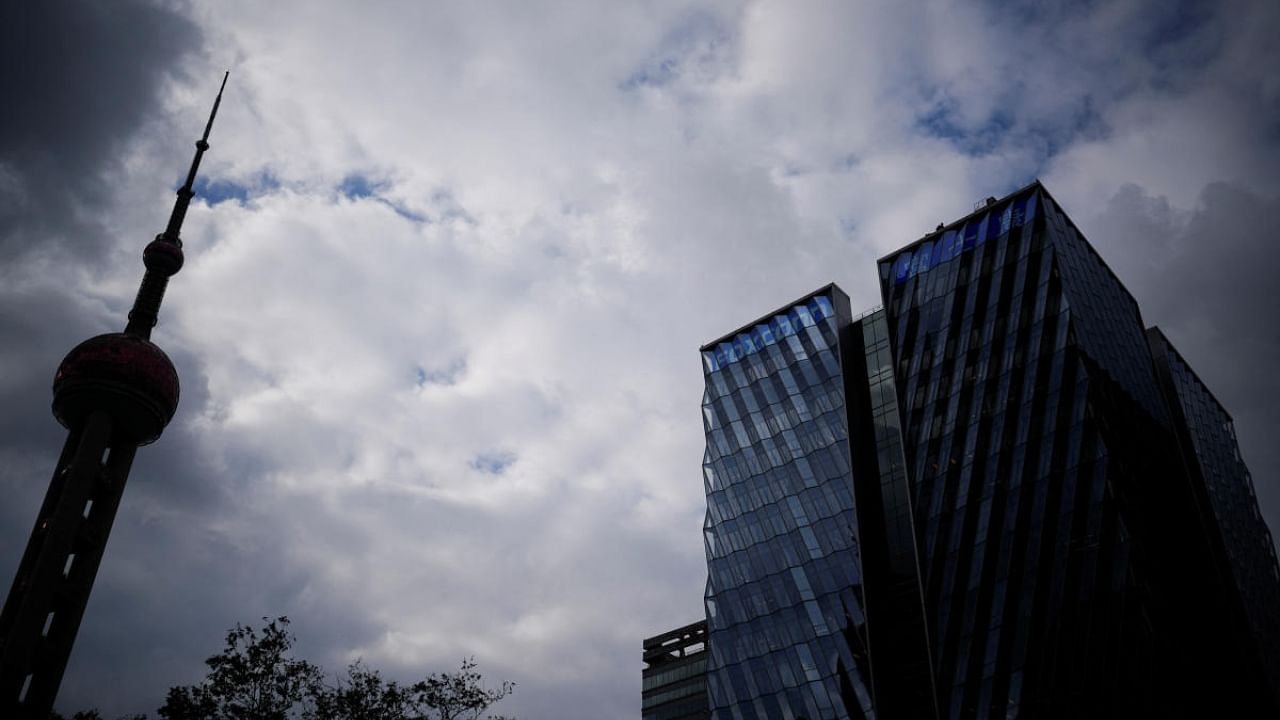
The company that assembles Apple Inc.'s iPhones apologised on Thursday for what it said was a technical error that led to protests by employees regarding overpayment of wages offered to attract them to a factory that is under anti-virus restrictions.
Protests erupted on Tuesday in the central city of Zhengzhou after employees complained Foxconn Technology Group required they do extra work to receive the higher pay promised by recruiters.
Foxconn is trying to rebuild its workforce after thousands of employees walked out last month over complaints about unsafe conditions.
Videos on social media showed police in white protective suits kicking and clubbing protesting workers.
Foxconn, the biggest contract assembler of smartphones and other electronics for Apple and other global brands, blamed the dispute on a “technical error” in the process of adding new employees. It promised they would receive the wages they were promised.
"We apologise for an input error in the computer system and guarantee that the actual pay is the same as agreed and the official recruitment posters," said a company statement. It promised to “try its best to actively solve the concerns and reasonable demands of employees.”
The dispute comes as the ruling Communist Party tries to contain a surge in coronavirus cases without shutting down factories, as it did in 2020 at the start of the pandemic.
Its tactics include “closed-loop management,” or having employees live at their workplaces without outside contact.
Authorities promised last month to reduce economic disruptions by cutting quarantine times and making other changes to China's “zero-Covid” strategy, which aims to isolate every case.
Despite that, the infection surge has prompted authorities to suspend access to neighbourhoods and factories and to close office buildings, shops and restaurants in parts of many cities.
On Thursday, people in eight districts of Zhengzhou with a total of 6.6 million residents were told to stay home for five days. Daily mass testing was ordered in what the city government called a “war of annihilation” against the virus.
Apple earlier warned iPhone 14 deliveries would be delayed after employees walked out of the Zhengzhou factory and access to the industrial zone around the facility was suspended following outbreaks.
To attract new workers, Foxconn offered 25,000 yuan ($3,500) for two months of work, according to employees, or almost 50 per cent more than news reports say its highest wages usually are.
Employees complained that after they arrived, they were told they had to work an additional two months at lower pay to receive the higher wage, according to an employee, Li Sanshan.
Foxconn offered up to 10,000 yuan ($1,400) to new hires who choose to leave, the finance news outlet Cailianshe reported, citing unidentified recruiting agents.
Foxconn's statement Thursday said employees who leave will receive unspecified “care subsidies” but gave no details. It promised “comprehensive support” for those who stay.
The protests in Zhengzhou come amid public frustration over restrictions that have confined millions of people to their homes.
Videos on social media show residents in some areas tearing down barricades set up to enforce neighbourhood closures.
Foxconn, headquartered in New Taipei City, Taiwan, earlier denied what it said were comments online that employees with the virus lived in factory dormitories.